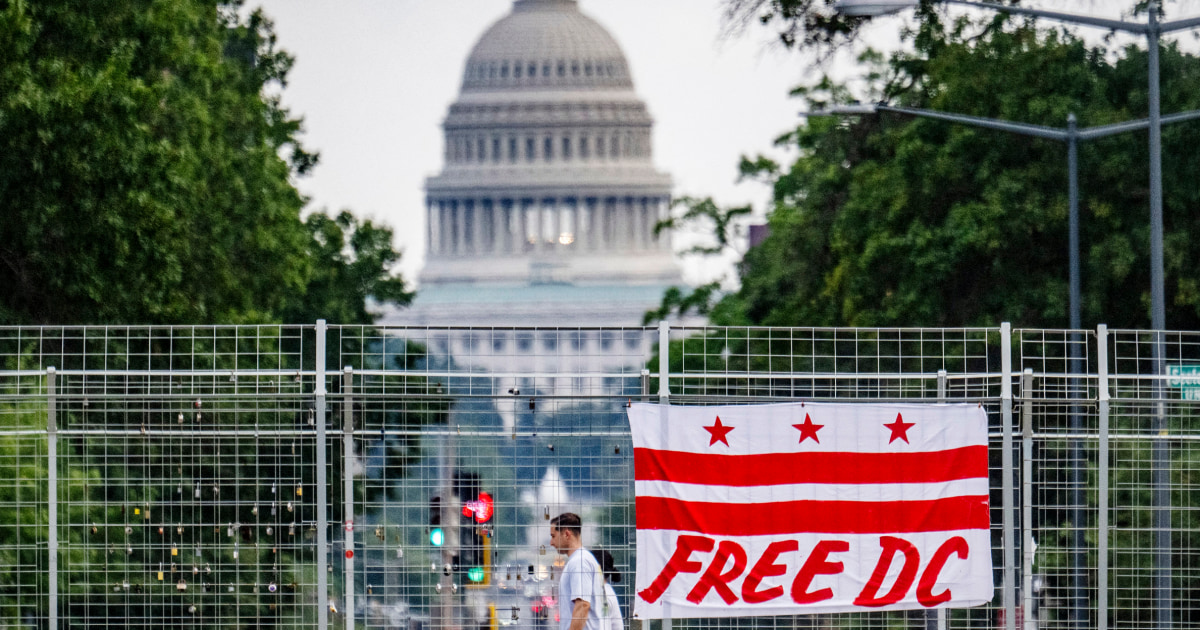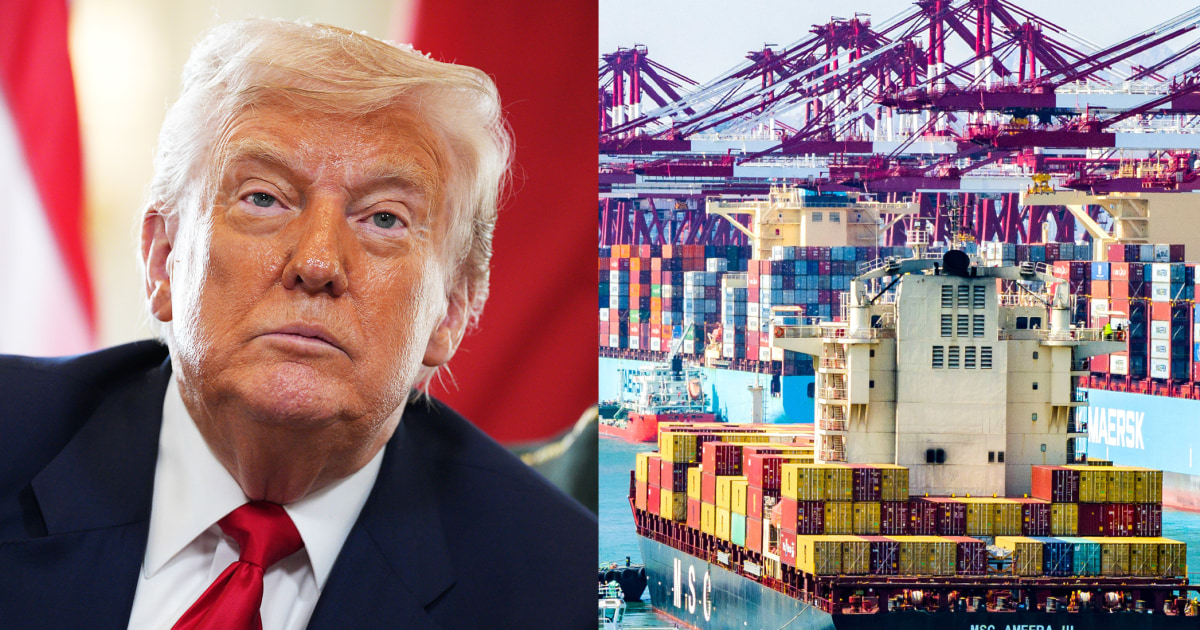Government Shutdown Looms

A Government Shutdown Looms
As Congress returns to Washington after a month-long August recess, a looming government shutdown deadline is the first major issue they will face. With only a few weeks until the end of the fiscal year, lawmakers must pass a spending bill to keep the government funded and avoid a shutdown. However, with tensions still high between Democrats and the Trump administration, finding a compromise may prove challenging.
A Standoff over Nominees
In addition to the shutdown deadline, Congress will also have to navigate a standoff over President Trump's nominees. Democrats have been blocking several of his picks for various positions, and with the threat of a government shutdown, the confirmation process may become even more contentious. This could lead to key positions remaining unfilled, leaving the government understaffed and potentially impacting important decision-making processes.
A Renewed Clash over the Epstein Files
The ongoing drama surrounding the Jeffrey Epstein case is also expected to be a hot topic as Congress reconvenes. With the disgraced financier's death, the focus has shifted to his associates and potential co-conspirators. However, the question of whether the government will release the sealed court documents related to Epstein's previous plea deal is causing a renewed clash between lawmakers and the Department of Justice.
About the Organizations Mentioned
Department of Justice
The **United States Department of Justice (DOJ)** is a federal executive department responsible for enforcing federal laws, ensuring public safety, defending the interests of the United States, and upholding civil rights. Established in 1870 to consolidate federal legal affairs under the Attorney General, the DOJ has grown into a vast organization with over 115,000 employees and a budget exceeding $22 billion[1][4][5]. It operates through more than 40 component organizations, including prominent law enforcement agencies such as the Federal Bureau of Investigation (FBI), Drug Enforcement Administration (DEA), Bureau of Alcohol, Tobacco, Firearms and Explosives (ATF), and the U.S. Marshals Service[1][4][5]. The DOJ’s core mission is to uphold the rule of law, keep the nation safe, protect civil rights, and ensure a fair and impartial administration of justice across federal, state, local, tribal, and international levels[2][5]. It investigates and prosecutes federal crimes, including terrorism, drug trafficking, organized crime, financial fraud, and cybercrime. The FBI, as the DOJ’s principal investigative arm, leads in areas such as counterterrorism, counterintelligence, and cybercrime[6]. Additionally, the DOJ manages federal prisons and provides leadership and resources to state and local law enforcement agencies. Historically, the DOJ’s origins trace back to the Judiciary Act of 1789, which created the Attorney General's office. Its establishment as a separate department in 1870 allowed for greater coordination of federal law enforcement and legal representation of the government[2][4]. Over time, the DOJ has played a critical role in landmark civil rights enforcement, combating organized crime, and adapting to modern challenges such as cyber threats and international criminal cooperation[1][5]. Today, headquartered in Washington, D.C., with field offices nationwide and abroad, the DOJ continues to influence national security and justice policy, balancing traditional law enforcement with evolving technological and societal demands.














